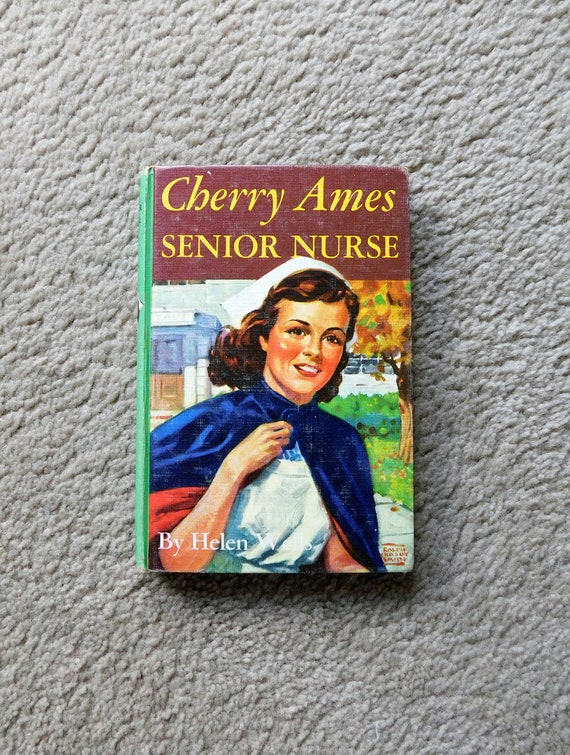
Of course, since this book was originally published in the 1940s, some aspects of the book are dated. Though the book presents nursing as a higher calling, Cherry is no saint. She also struggles with her own passionate temper, sometimes judging someone too hastily or flaring up at slight provocations. Even as a senior, she still likes a good practical joke, and she will bend the rules sometimes to have a little fun or to try to cheer up a patient.

(Yeah, this romance is dated, to say the least.) The stakes are just so much lower.Ĭherry’s story still has a human interest appeal, however, because Cherry herself feels so human. She has “adopted” a probationary nurse who does not seem to want her mentorship, and she has a whirlwind flirtation with a a fiery-tempered doctor, who expresses his interest by ordering Cherry around: “I’m going to take you to the dance” and so forth.

Much of the drama, then, comes from interpersonal conflicts. Though she may look forward to graduating, and though she may be wavering between serving as an Army nurse or on the home front, she really has no fear that she will not graduate at all. Readers who love classic stories will find much to delight them in Cherry Ames.Ĭherry Ames: Senior Nurse admittedly loses a bit of the charm from the first book, since Cherry is in her third year of school now and she feels much more assured in her career. Rather, she is a young woman who sometimes makes mistakes, but who tries hard and ultimately finds her way. Cherry is no Nancy Drew, static and perfect.


(This book was first published in 1944.) But the Cherry Ames books have a vivid, realistic feeling that make them still relevant today. Cherry Ames is a nurse and her series trumpets the nobility of nursing as a calling, to inspire readers to sign up to help the war effort. The Cherry Ames books are a classic example of a “girls series”–books featuring young women who taken on more independent roles as teenage sleuths or perhaps career women.


 0 kommentar(er)
0 kommentar(er)
